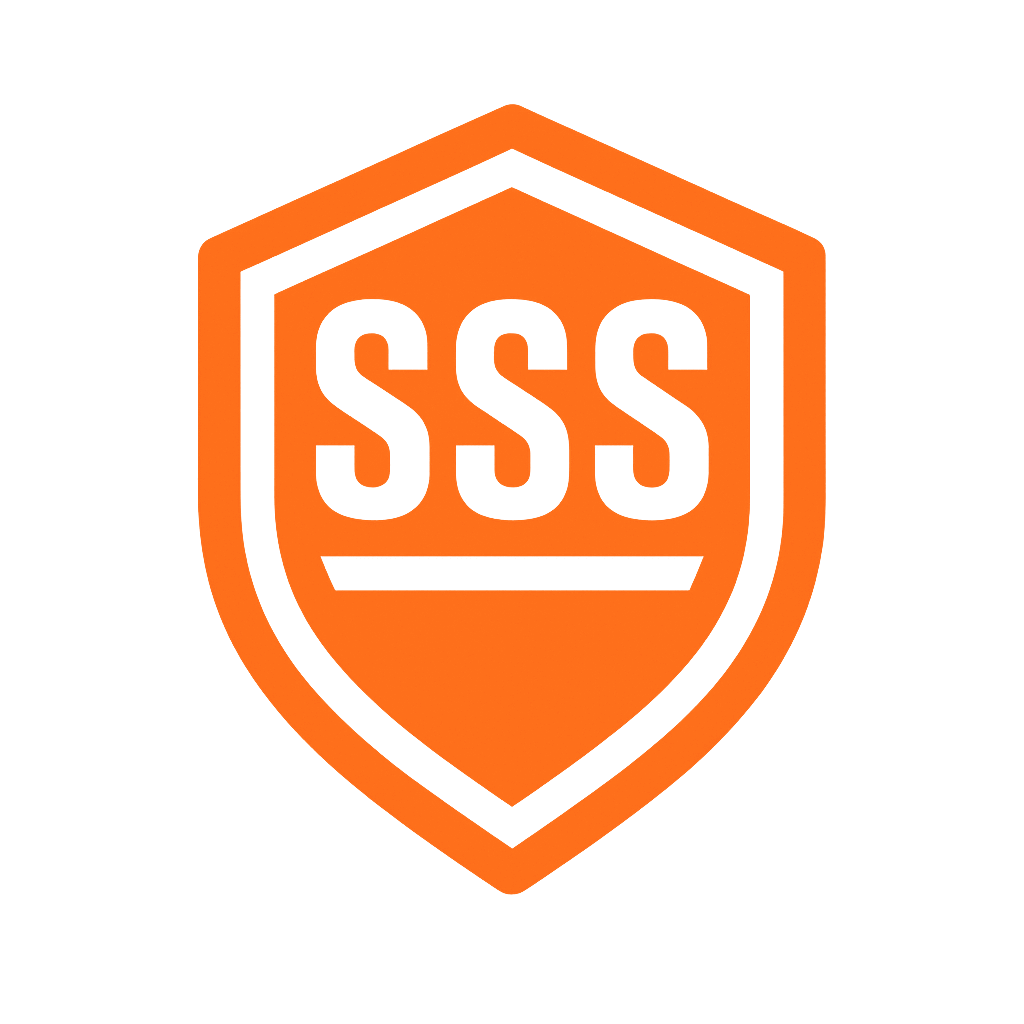Home > Resources > Safety Guides > Workplace Hazard Assessment Guide
Workplace Hazard Assessment Guide
A comprehensive guide to identifying, assessing, and controlling workplace hazards to prevent incidents and injuries.
Introduction to Workplace Hazard Assessment
A workplace hazard assessment is a systematic process of identifying and evaluating potential hazards in the workplace that could harm workers. This critical safety practice helps organizations prevent accidents, injuries, and illnesses by addressing risks before they cause harm.
Types of Workplace Hazards
Workplace hazards generally fall into several categories:
- Physical Hazards: Includes noise, radiation, extreme temperatures, and ergonomic issues
- Chemical Hazards: Includes toxic substances, fumes, vapors, and dust
- Biological Hazards: Includes bacteria, viruses, fungi, and other biological agents
- Psychological Hazards: Includes workplace stress, violence, and harassment
- Safety Hazards: Includes unsafe conditions that could cause injury, illness, or death
The Hazard Assessment Process
An effective hazard assessment typically follows these steps:
- Identify hazards by inspecting the workplace and consulting with workers
- Assess the risk of each hazard by considering likelihood and severity
- Implement control measures using the hierarchy of controls
- Review and update the assessment regularly
Hierarchy of Controls
When addressing identified hazards, follow this hierarchy of controls from most to least effective:
- Elimination: Physically remove the hazard
- Substitution: Replace the hazard with something less hazardous
- Engineering Controls: Isolate people from the hazard
- Administrative Controls: Change the way people work
- Personal Protective Equipment: Protect the worker with PPE
Documentation Requirements
Proper documentation of hazard assessments is essential for regulatory compliance and ongoing safety management. Documentation should include:
- Date of assessment
- Work areas and tasks assessed
- Hazards identified
- Risk level of each hazard
- Control measures implemented
- Person(s) responsible for implementing controls
- Timeline for implementation
- Date for reassessment
Share This Guide
Need Personalized Safety Guidance?
Our safety experts can provide customized solutions tailored to your specific industry and workplace challenges.
Contact Our Safety Experts